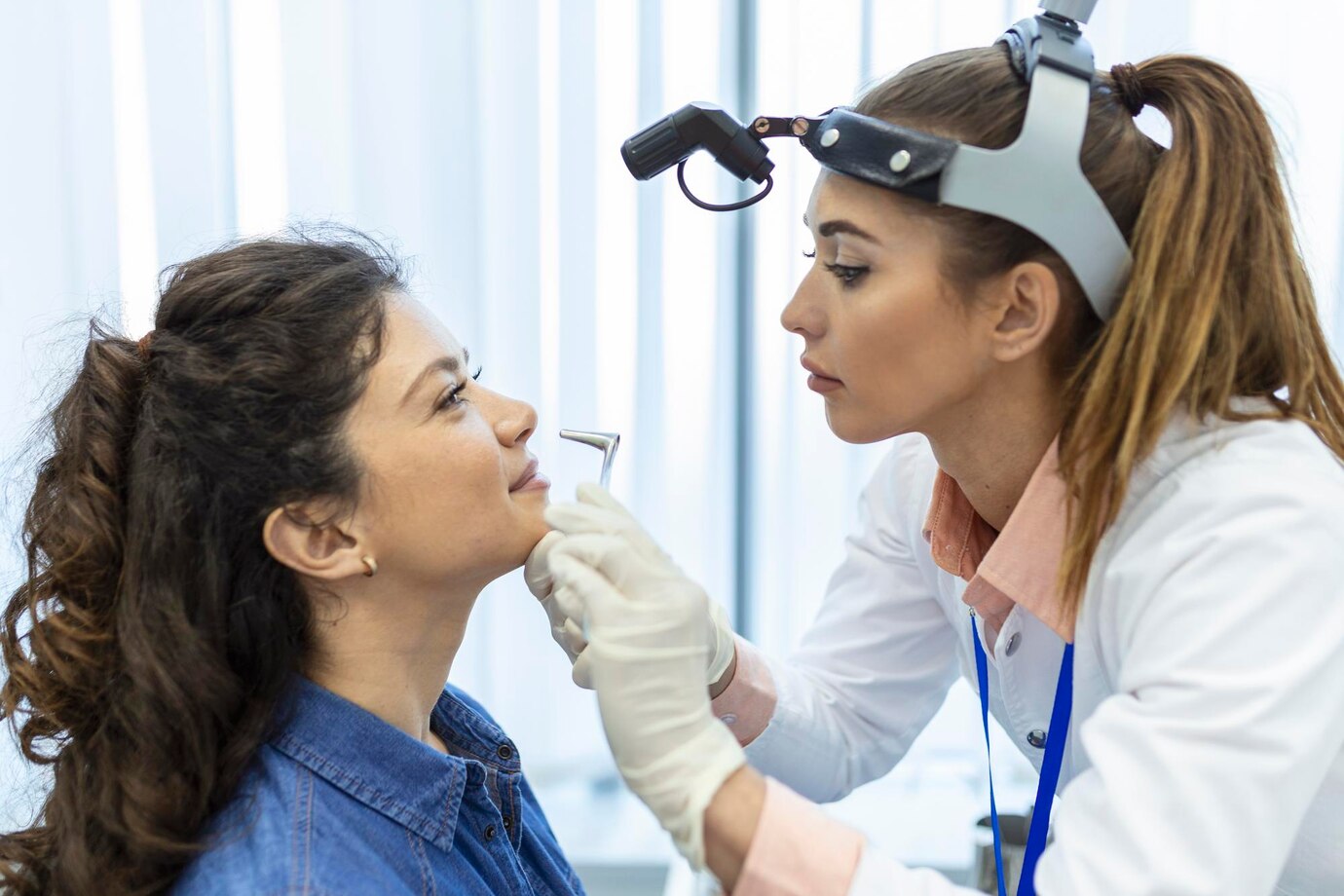
Allergy Diagnostics Market Overview
The global allergy diagnostics market is undergoing substantial expansion, with an expected CAGR of approximately 11% over the next five years. This growth is fueled by the rising prevalence of allergic diseases, escalating environmental pollution levels, high consumption of processed food and beverages, the emergence of mobile health technologies in allergy management, and increasing public awareness about the diagnosis and treatment of allergies.
Get Free Sample Report: https://meditechinsights.com/allergy-diagnostics-market/request-sample/
Allergic conditions such as asthma, allergic rhinitis, atopic dermatitis, food allergies, and drug allergies continue to place a significant burden on global healthcare systems. As the number of affected individuals grows, the demand for reliable diagnostic solutions has intensified, leading to the rapid evolution of testing technologies and methodologies.
Allergies occur when the body’s immune system reacts to substances perceived as harmful, known as allergens. These may include pollen, certain foods, drugs, animal dander, insect venom, moulds, latex, and dust mites. In industrialized regions, allergic diseases affect nearly 20–30% of the population, making them one of the most common chronic conditions of the modern era. Over the past five decades, the prevalence of allergies has shown a continuous upward trajectory, driven by urbanization, changing lifestyles, dietary patterns, and environmental exposures. The spectrum of allergic reactions is broad, ranging from mild irritation to severe and life-threatening anaphylaxis, highlighting the critical need for accurate, timely, and comprehensive diagnostic procedures.
The Asthma and Allergy Foundation of America (AAFA) identifies allergies as the sixth leading cause of chronic illness in the United States. More than 50 million Americans suffer from various forms of allergies each year, underscoring the magnitude of the issue. As the incidence of allergic diseases continues to rise across different age groups, regions, and populations, there is a corresponding increase in the utilization of diagnostic tools such as immunoassays, skin tests, and molecular-based diagnostic platforms. This rising diagnostic volume plays a key role in driving market expansion across hospitals, diagnostic laboratories, and home-care settings.
High Consumption of Processed Food Driving Food Allergen Testing Demand
A major growth driver within the allergy diagnostics market is the increasing consumption of processed food and beverages, which has significantly amplified the demand for food allergen testing. Food allergens pose a substantial threat to public health and remain a major safety concern within the global food processing and manufacturing sectors. As modern diets increasingly rely on packaged, processed, and convenience foods, the risk of allergen contamination and cross-contact has grown proportionately.
Food allergies represent abnormal immune responses triggered by specific food components, and even tiny traces can cause severe reactions in sensitive individuals. Given the growing complexity of food supply chains, comprehensive allergen testing has become indispensable. The food allergen testing market is projected to experience strong momentum due to the expanding dairy, confectionary, and processed food industries. Allergen management systems now incorporate robust detection tests at multiple stages of production—from raw materials to finished products—to ensure compliance with regulatory standards and to safeguard consumer health.
These allergen detection procedures are commonly performed on surfaces, equipment, and ingredients to identify potential contamination and to validate the effectiveness of cleaning processes. Regulatory bodies worldwide have tightened their guidelines on allergen labeling and cross-contamination prevention, prompting manufacturers to adopt advanced diagnostic technologies such as ELISA tests, PCR-based assays, lateral flow devices, and mass spectrometry. Consequently, food allergen testing is emerging as a central component of quality assurance within the global food industry.
Growing Role of mHealth in Allergy Diagnosis and Care
The rise of mobile health (mHealth) solutions has opened transformative opportunities in allergy diagnosis and management. Through the use of smartphones, tablets, and other connected devices, mHealth empowers patients to participate actively in monitoring and managing their conditions. These platforms enhance communication between patients and healthcare providers, streamline data collection, and facilitate earlier intervention.
Mobile applications designed for allergy management incorporate features such as symptom trackers, digital diaries, medication reminders, educational modules, environmental alerts, pollen count data, voice recognition, sensor-based monitoring, and wearable integrations. These tools not only help individuals understand their triggers but also improve medication adherence and overall disease control. Studies have shown that patients using mHealth-based self-management apps experience fewer hospital visits, better asthma control, and improved quality of life.
In clinical practice, mobile health technologies support allergists by enabling remote assessment, digital reporting, and enhanced surveillance of allergic symptoms. Many applications now incorporate diagnostic algorithms capable of analyzing patterns based on user input, environmental factors, and device sensors. This digital transformation is paving the way for personalized allergy care, optimizing treatment outcomes, and reducing healthcare system burdens.
Competitive Landscape Analysis
The global allergy diagnostics market is characterized by strong competition between established brands and innovative emerging players. Companies actively focus on product innovation, technological advancements, global expansion, and strategic collaborations to strengthen their market presence.
Key Players
• Thermo Fisher Scientific
• Siemens Healthineers
• Danaher Corporation
• Omega Diagnostics Group PLC
• NEOGEN Corporation
• Canon Inc.
• Eurofins Scientific
• bioMérieux SA
• Stallergenes Greer
• EUROIMMUN Medizinische Labordiagnostika AG
Market Drivers
Rising prevalence of allergic diseases globally
Increasing environmental pollution levels
Increasing awareness and early diagnosis of allergies
Growth in processed food and beverage consumption
Technological advancements in allergy diagnostic testing
Attractive Opportunities
Growing demand for food allergen testing
Development of AI-powered and digital diagnostic solutions
Expanding role of telemedicine in allergy care
Key Request a free sample copy or view report summary: https://meditechinsights.com/allergy-diagnostics-market/request-sample/
About Medi-Tech Insights
Medi-Tech Insights is a healthcare-focused business research & insights firm. Our clients include Fortune 500 companies, blue-chip investors & hyper-growth start-ups. We have completed 100+ projects in Digital Health, Healthcare IT, Medical Technology, Medical Devices & Pharma Services in the areas of market assessments, due diligence, competitive intelligence, market sizing and forecasting, pricing analysis & go-to-market strategy. Our methodology includes rigorous secondary research combined with deep-dive interviews with industry-leading CXO, VPs, and key demand/supply side decision-makers.
